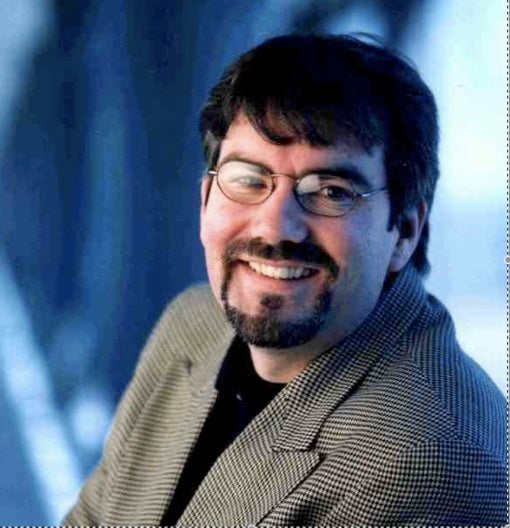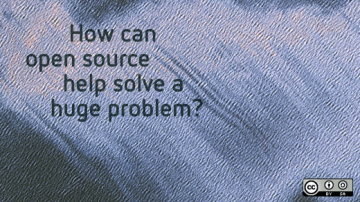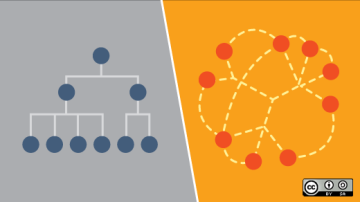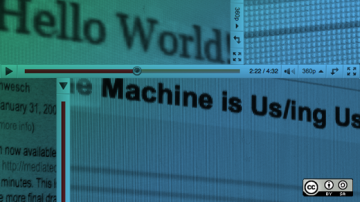
Tony O'Driscoll Ed.D. is a Professor of the Practice at Duke University’s Fuqua School of Business where he also serves as Executive Director of Fuqua’s Center for IT and Media; a research center dedicated to understanding the strategic, structural, operational and business model issues associated with these vibrant and volatile sectors. His research has been published in leading academic journals such as Management Information Sciences Quarterly, the Journal of Management Information Systems, and the Journal of Product Innovation Management. He has also written for respected professional journals such as Harvard Business Review, Strategy and Business, Supply Chain Management Review and Chief Learning Officer Magazine. Tony was a founding member of IBM Global Service’s Strategy and Change consulting practice. In that role, he consulted with business leaders around the world on how to best leverage technology to create sustainable competitive advantage in an increasingly global, networked and knowledge-enabled economy.




Authored Comments
Dan,
Thanks for your comments.
Even if the "Top Kill" works, and BP manages to corral the first SOS (i.e. Stop the Oil Spill) there is still a second SOS which is (i.e. Save our Shores) that likely could benefit much from applying the opensource way.
Colin,
ABC reports that BP has also set up a Tip Line and has also received over 20,000 ideas via e-mail.
I think the issue here is not about ideation but about leveraging the opensource way to aggregate these ideas into a coherent set of plausible solutions for consideration by BP/Government.
Here is the ABC report: https://bit.ly/968tMp